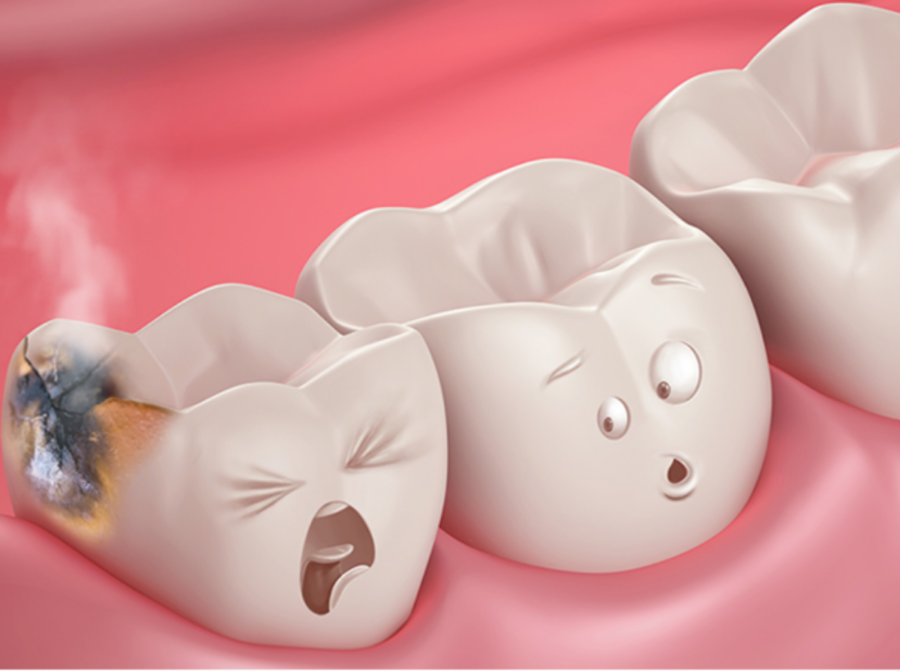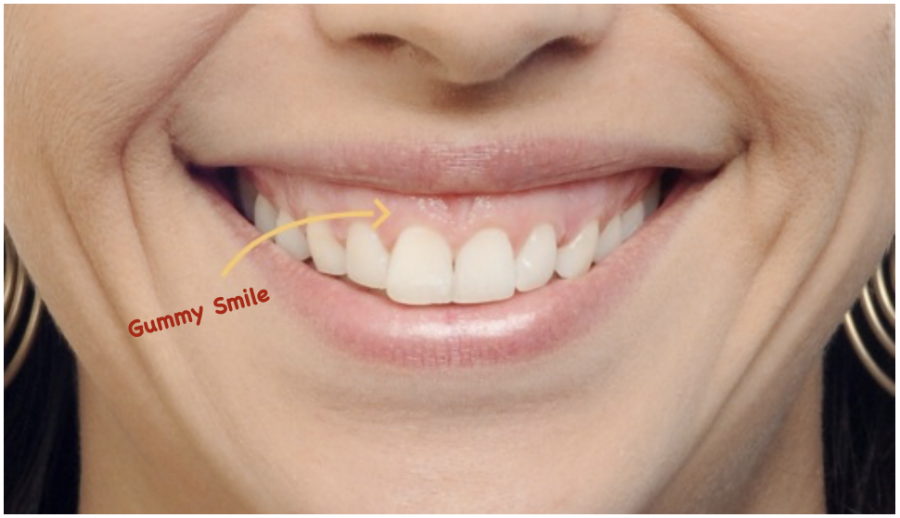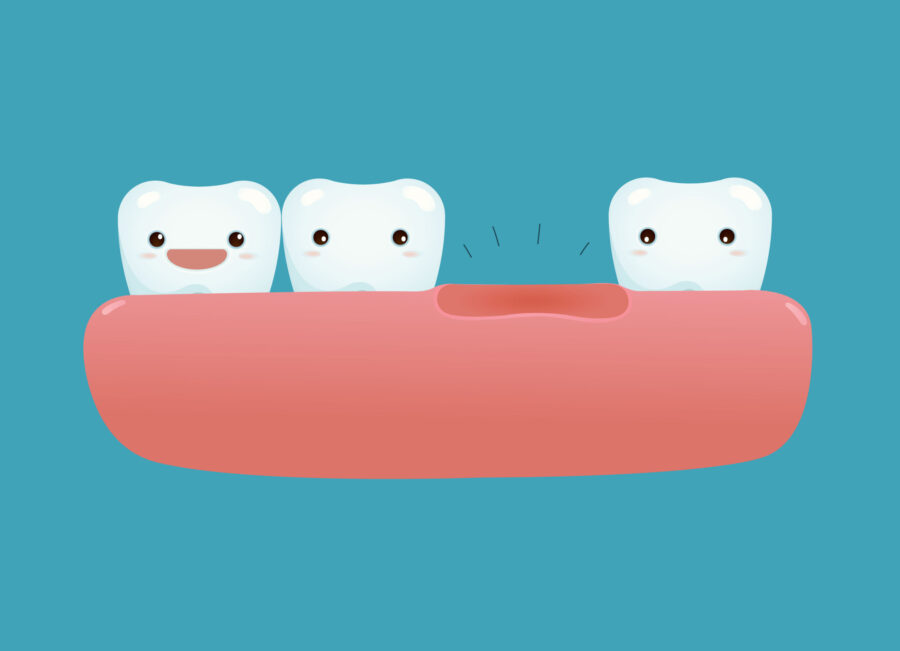When it comes to oral health, your smile may be the first thing that people notice about you. But what they might not see is how your dental health affects the rest of your body. That’s because your oral health can have a direct impact on your overall well-being. Just ask any dentist or hygienist – the mouth is directly connected to the rest of the body. Poor dental hygiene can lead to a number of problems, ranging from annoying and mildly inconvenient to downright dangerous. This article will provide insight into some of the most serious dental problems and how to prevent them.
What are the most serious dental problems?
The most serious dental problems are cavities and gum disease. Both can cause significant damage to your teeth and can lead to tooth decay and/or loss. Cavities are infections caused by bacteria that eat away at your teeth and can spread to other parts of your body. If a cavity is not treated, it can lead to tooth loss.

Similarly, gum disease can lead to tooth loss along with other complications. Oral cancer is less common, but it is one of the most serious dental problems. If left untreated, oral cancer can spread to other parts of the body, leading to death. Thus maintaining good dental hygiene is important.
Cavities and other tooth decay | Dental Hygiene
Any time you eat or drink something sugary, there is a risk of tooth decay. Tooth decay is caused by bacteria in your mouth combining with sugar and forming acidic byproducts. The most common teeth affected by tooth decay include the teeth in the front of your mouth, the teeth next to your wisdom teeth, and the teeth in between the upper and lower teeth known as the teeth in the “gums”. Tooth decay is a serious and common dental problem that can lead to more serious problems if left untreated.

Gum disease | Dental Problems
The gums are the tissues that hold your teeth in place. When your gums become infected, it is known as gum disease. This is a serious dental problem that can lead to tooth loss if left untreated. Symptoms of gum disease include swelling and redness in your gums, tender gums that bleed easily, loose teeth, bad breath, and loose teeth or tooth loss. There are many reasons why people develop gum disease, but one of the most common is plaque.

Plaque is bacteria that forms on your teeth when you eat or drink something sugary. If not removed properly, plaque can harden and form tartar, a hard yellow substance on your teeth that is difficult to remove. If left untreated, the bacteria in your mouth will infect your gums and cause gum disease.
Loss of teeth | Dental Problems
Some teeth are more likely to be affected by tooth decay and other dental problems than others. These are some of the most common teeth that are affected by tooth decay and other dental problems:
The teeth in the back of your mouth: These teeth (usually the wisdom teeth) are often difficult to clean and have limited access to toothpaste. As a result, these teeth are very susceptible to tooth decay.

Teeth in between your upper and lower teeth: These teeth are often missed when people brush their teeth, making them susceptible to tooth decay.
All teeth next to your wisdom teeth: These teeth are often difficult to clean and are susceptible to tooth decay causing oral health issues,
Anterior or front teeth: The front teeth are very susceptible to tooth decay, often requiring special toothpaste and brushing techniques to prevent decay.
Oral Cancer | Oral Health
Oral cancer is one of the most serious and deadly dental problems. It is caused by the abnormal growth of cells in the mouth, which can spread to other parts of your body. Oral cancer can cause bad breath, swelling in the mouth, and pain when eating or drinking. Left untreated, oral cancer can spread to the lymph nodes in your neck and cause death.
Although oral cancer can affect both men and women, it is more common in men. Oral cancer is often difficult to detect because the symptoms can be subtle and easily overlooked. Many dentists recommend getting a regular dental exam to check for oral cancer, especially if you are at a higher risk.

Root Canal failure and abscessed teeth
Root canal failure occurs when bacteria travels from a tooth that has had a root canal and infects different parts of your body. This causes an oral infection known as an abscess. An abscess is a pocket of pus that forms inside your mouth and often requires surgery to remove. An abscessed tooth can be extremely painful, hard to treat, and may require surgery.
Types of dental and oral diseases
Cavities. Cavities are also called caries or tooth decay.
Gum disease (gingivitis) Gum disease, also called gingivitis, is inflammation of the gums.
Periodontitis.
Cracked or broken teeth.
Sensitive teeth.
Oral cancer.
Poor oral hygiene.
Conclusion
The mouth is not just about aesthetics; it is also a gateway to the rest of the body. Thus, it is important to keep your smile healthy with proper dental care. This way, you can avoid the most serious dental problems, such as tooth decay, gum disease, and oral cancer. To keep your smile healthy, do your best to maintain good dental hygiene. Visit your dentist regularly, take good care of your teeth, eat a healthy diet, and brush and floss regularly.






